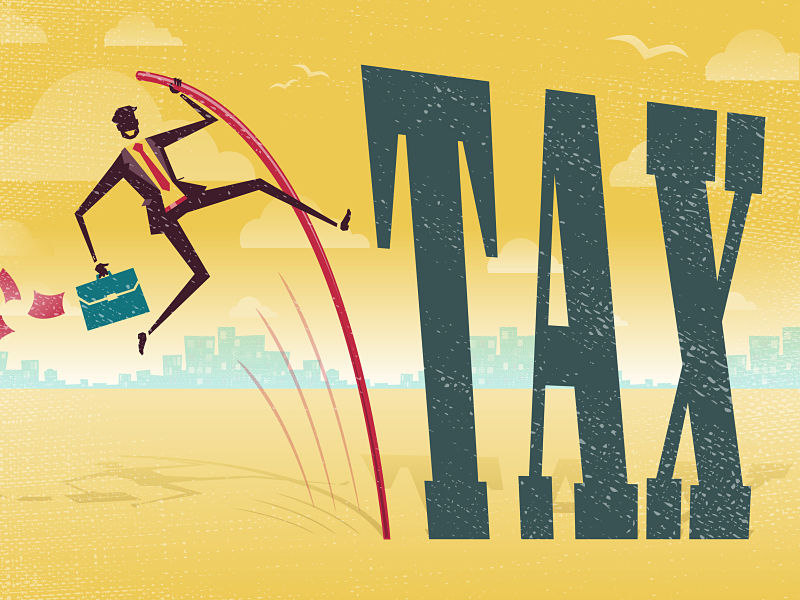
Canada should do more to close the “tax gap” that costs the federal government billions of dollars in annual revenue, but even additional resources and compliance measures won’t raise enough to cover massive pandemic spending, a report from the C.D. Howe Institute says.
The 2021 federal budget put Canada’s debt at more than $1 trillion for the first time ever, after a $354-billion deficit for the last fiscal year and a $155-billion deficit projected for fiscal 2021-22. The Liberals should consider lost revenue from uncollected taxes before raising broad-based taxes, the report from the Toronto-based think tank said.
Authors Pierre-Pascal Gendron and Richard Bird focused on the “compliance gap,” which includes tax-filing errors as well as tax evasion and avoidance to determine the extent of the gap. Based on Canada Revenue Agency (CRA) reports, they estimated the tax gap to be between $16.9 billion and $22 billion in 2019-20, or 6.4%–8.3% of total tax revenues.
While the gap can never be fully eliminated, the authors said the CRA could recover about $3 billion through additional resources and effort.
The 2021 budget proposed new measures and funding to deal with tax evasion. The Liberals earmarked $304.1 million over five years for the CRA to ramp up GST/HST audits of large businesses and to weed out tax evasion involving trusts, among other initiatives. The government expects these efforts to recover $810 million.
The Liberals also proposed to spend $230 million over five years to improve the CRA’s ability to collect taxes — a measure they said would yield an additional $5 billion in tax revenue.
The budget alluded to “a small number of high-net-worth taxpayers” avoiding tax debts by transferring assets to a non-arm’s length person. The government proposed amendments to the Income Tax Act to address this type of planning, “as well as a penalty for those who devise and promote such schemes.”
The C.D. Howe report had a more conservative revenue estimate from efforts to close the tax gap.
“A billion here, a billion there is not chicken feed,” the report said. “Every little bit helps — but $3 billion, or even a highly improbable $5 billion, will not do much to establish a more sustainable long-term fiscal balance in the (perhaps long) post-Covid recovery period.”
More resources for tax administration are important to demonstrate that the government can enforce tax laws, but closing the tax gap is no silver bullet for the spike in government spending, the authors wrote.
“Unless a substantial increase in growth occurs to shore up revenues, some changes in tax policy are also likely to be needed.”